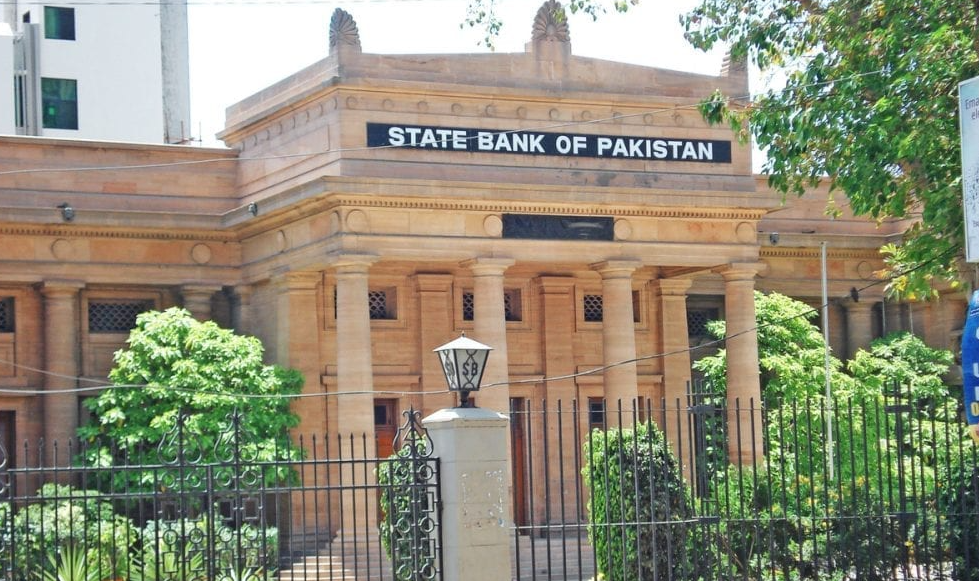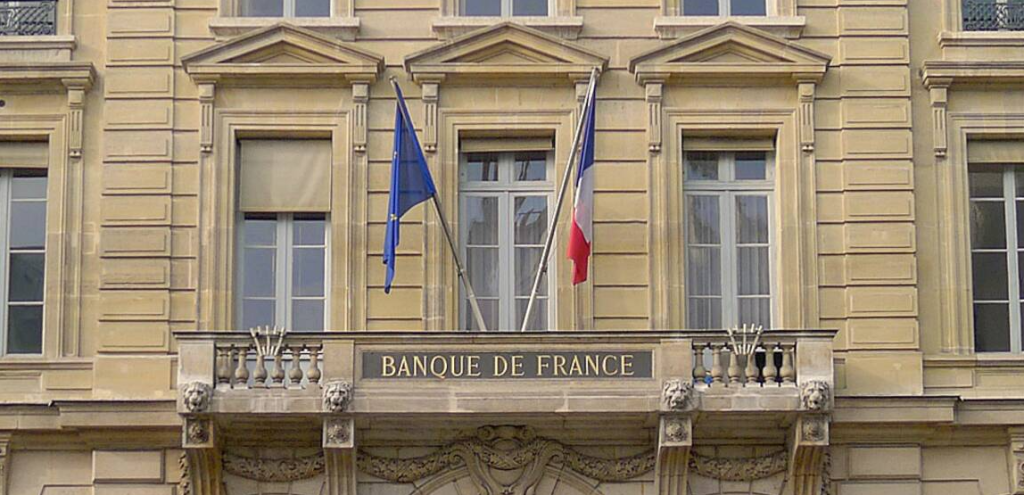Burkina Faso, a landlocked country in West Africa, has a thriving economy with various sectors contributing to its growth. At the heart of its financial system is the Burkina Faso National Bank, the Central Bank of the West African States (BCEAO). This article aims to provide a detailed understanding of the BCEAO, its role in Burkina Faso’s economy, and its impact on the country’s financial stability. Let’s delve into the functions and initiatives undertaken by the Burkina Faso National Bank, as well as its collaboration with international organizations.
The Central Bank of the West African States (BCEAO)
The BCEAO, commonly referred to as the Burkina Faso National Bank, is the central bank responsible for managing the monetary and financial system of Burkina Faso and other member states within the West African Monetary Union (WAMU). The WAMU comprises eight countries: Benin, Burkina Faso, Ivory Coast, Guinea-Bissau, Mali, Niger, Senegal, and Togo.
Role and Functions of the Burkina Faso National Bank
As the central bank of Burkina Faso, the BCEAO plays a crucial role in maintaining monetary stability and fostering economic development. Some of its key functions include:
Monetary Policy: The BCEAO formulates and implements monetary policies aimed at ensuring price stability, promoting sustainable economic growth, and safeguarding the value of the currency.
Financial Stability and Supervision: The bank oversees the stability and soundness of the financial system, regulating and supervising financial institutions to maintain integrity and protect consumers.
Economic Development Initiatives: The BCEAO supports initiatives and projects that contribute to the economic development of Burkina Faso and other member states, fostering investment, entrepreneurship, and job creation.
Foreign Exchange Management: Managing foreign exchange reserves and ensuring stability in the exchange rate is another critical function of the BCEAO
Payments and Settlement Systems: The bank facilitates secure and efficient payment and settlement systems, ensuring the smooth flow of funds within the economy.
Financial Inclusion: The BCEAO actively promotes financial inclusion by implementing policies that expand access to financial services, particularly for marginalized communities and underserved regions.
Burkina Faso National Bank
Within the framework of the BCEAO, the Burkina Faso National Bank operates as the local representation of the central bank. It plays a vital role in implementing the policies and directives issued by the BCEAO and acts as a liaison between the central bank and financial institutions operating within Burkina Faso.
Collaboration with International Organizations
The BCEAO collaborates with various international organizations to enhance its effectiveness and contribute to global financial stability. It maintains relationships with institutions such as the International Monetary Fund (IMF), World Bank, African Development Bank (AfDB), and the West African Development Bank (BOAD).
Challenges and Future Outlook of Burkina Faso National Bank
Despite its achievements, the BCEAO and Burkina Faso face challenges that require ongoing attention. Some of these challenges include addressing poverty, promoting financial literacy, and ensuring the resilience of the financial system in the face of global economic uncertainties. However, with its commitment to stability, development, and collaboration, the BCEAO is well-positioned to overcome these challenges and contribute to Burkina Faso’s continued growth.
Frequently Asked Questions (FAQs)
- What is the role of the Central Bank of the West African States (BCEAO)?
The BCEAO is responsible for maintaining monetary stability, regulating the financial system, and promoting economic development within the West African Monetary Union.
- How does the BCEAO support financial inclusion?
The BCEAO implements policies to expand access to financial services, particularly for marginalized communities and underserved regions, thus promoting financial inclusion.
- What are the main functions of the Burkina Faso National Bank?
The Burkina Faso National Bank acts as the local representation of the BCEAO, implementing its policies and directives and serving as a link between the central bank and financial institutions in Burkina Faso.
- How does the BCEAO collaborate with international organizations?
The BCEAO maintains partnerships with organizations such as the IMF, World Bank, AfDB, and BOAD to enhance its effectiveness and contribute to global financial stability.
- What are the challenges faced by the BCEAO and Burkina Faso?
Some challenges include poverty alleviation, financial literacy promotion, and ensuring the resilience of the financial system in the face of global economic uncertainties.
Conclusion
The Central Bank of the West African States, represented by the Burkina Faso National Bank, plays a pivotal role in ensuring monetary stability, financial inclusion, and economic development in Burkina Faso. Through its functions and collaborations, the BCEAO strives to create a favorable environment for growth, investment, and prosperity. As Burkina Faso continues to progress, the BCEAO remains committed to fostering stability and contributing to the country’s future success.
References
- Central Bank of the West African States (BCEAO) Official Website: https://www.bceao.int/
- “Burkina Faso Country Profile” – World Bank: https://databank.worldbank.org/source/burkina-faso-country-profile
- “Burkina Faso” – CIA World Factbook: https://www.cia.gov/the-world-factbook/countries/burkina-faso/

